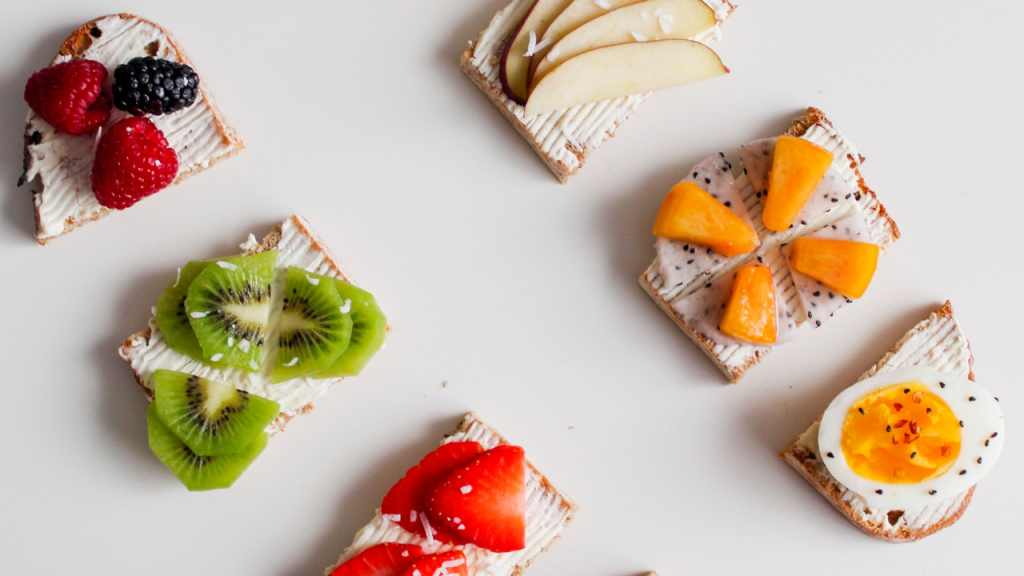
In the recent years, our food has become increasingly processed, filled with unnecessary ingredients, and devoid of nutrition. Generations ago, farming the land and eating food that was grown by our own hands was commonplace. Working with our hands in the soil connected us to the earth. We had a true sense of where our food originated and the hard work it took to get it on the table. In the name of convenience, we have traded our health for easy packaged foods that give us little nutrition and value. Genetically engineered crops comprise the majority of the corn, soy, cotton (cotton seed oil), and canola (canola oil) eaten by American’s today. It is estimated that 75% of processed foods on grocery store shelves contain genetically modified organisms (GMOs).
The Danger of GMOs
GMOs are organisms that contain genetic material that has become altered in a laboratory to achieve a desired look or effect. 92% of the corn grown in the U.S. is genetically modified. GMO foods are often seen as beneficial because they yield bigger crops than non-GMO varieties, but this comes at a high price. When we tamper with our food and try to perfect that which was already created beautifully, we run into problems. Health risks of consuming GMO foods include allergic reactions, antibiotic resistance, cancer, loss of nutrition, and toxicity.
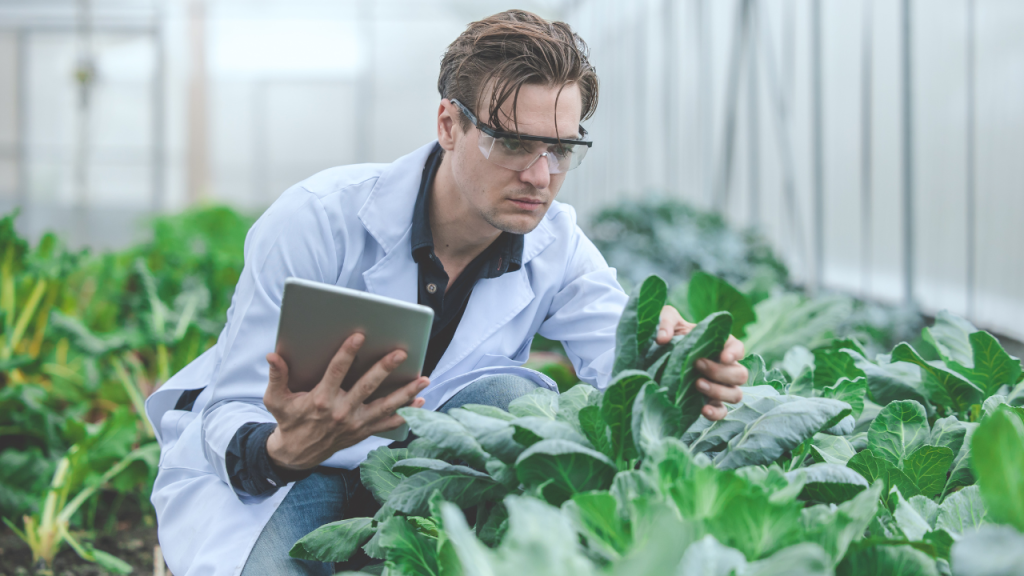
Austrian scientists conducted studies that observed the effects of consuming GMO corn on mice. This long-term study showed that mice who were fed the GMO corn had a significant reduction in fertility over 3-4 breeding cycles with smaller litters and a greater amount of mice lost.
Although this is an animal study, it raises concerns in regard to reproductive health in men and women. The Science in Society Archives says, “These revelations confirm a string of previous findings on adverse health impacts of GM food and feed, leave us in little doubt that GM is dangerous and futile. Proponents should stop misleading the public that GM food and feed is safe.”
Glyphosate Risks
Another area of concern includes crops sprayed with Roundup which is the most used herbicide in the U.S. Glyphosate, Roundup’s main ingredient, was patented by Monsanto in the 1970s, and was later marketed as Roundup. The World Health Organization announced that the International Agency for Research on Cancer concluded that glyphosate is a “probable human carcinogen”.
Evidence shows a connection between exposure to glyphosate and an increased risk of non-Hodgkin’s lymphoma, a cancer that begins in the lymphatic system.
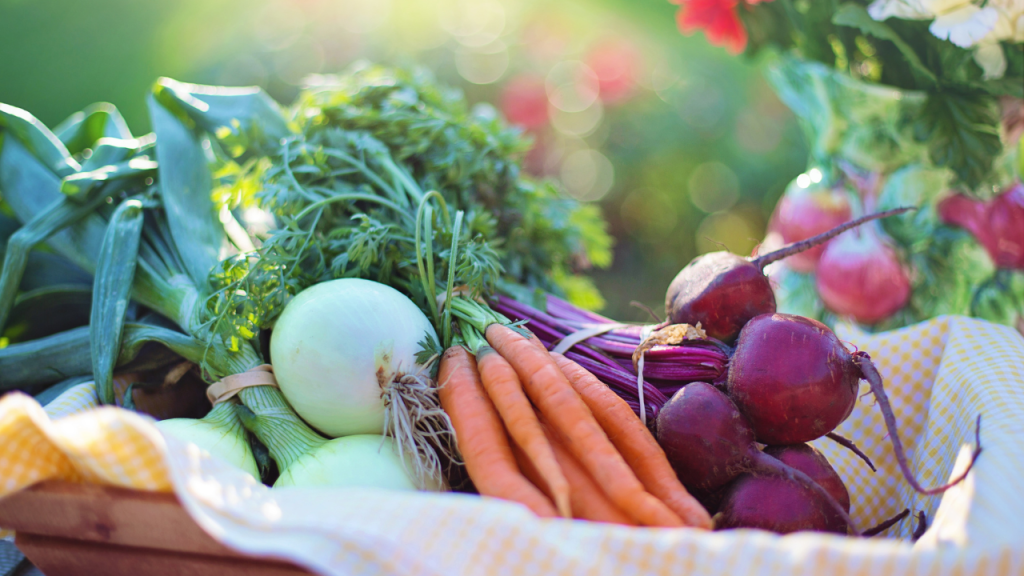
Along with GMOs and pesticides, the standard American diet (SAD) is filled with refined foods such as processed oils, sugar, and grains. Chronic disease such a heart disease, cancer, and diabetes are the leading causes of death in America. The food we consume each day is such an integral part of our lives that will either feed disease or prevent it with each bite. Although there are many schools of thought when it comes to eating perfectly, one thing that we can all agree on is that we need to be eating real, whole foods that are as close to their natural state as possible. Foods that were once innocent such as wheat, for example, have become altered and can cause issues in the body.
Ditch the Refined Oils
Fats have become such a demonized food ever since we were told that fats are harmful for heart health starting in the 1960s. We see grocery store shelves lined with “heart healthy” canola and vegetable oils, but in reality, there isn’t evidence that these refined oils benefit our health. In reality, refined seed oils such as canola, soybean, peanut, sunflower, and vegetable are highly inflammatory and pose a much greater risk for our cardiovascular system than fats coming from animal foods.
Vegetable oils are taken through a refining process that includes heating the product and using chemical solvents to extract the oil which causes the finished product to become highly unstable under heat. When we cook with these oils, they become easily oxidized and cause free radical damage to our cells when consumed. We are now seeing an increase in heart disease and diabetes in rural areas of India where there was previously a low prevalence of heart disease. It was observed that this occurred after communities like this started to use refined oils instead of their traditional animal cooking fats.
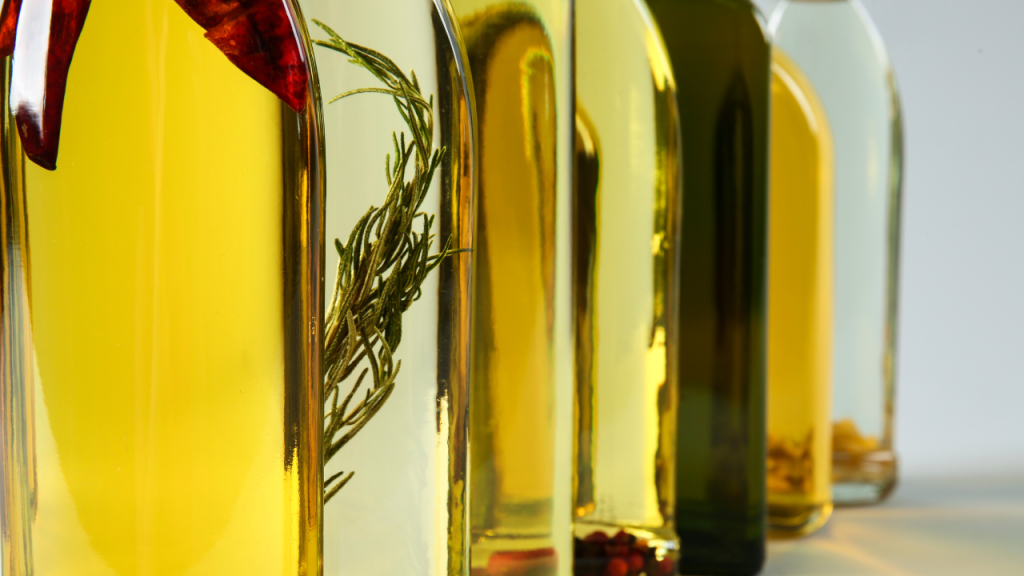
Stay Away From Fake Meat
In the recent years, there is a growing amount of commercialized pseudo or fake meat options available for purchase. While this may seem like an answer for those who are vegan or vegetarian, they are filled with fillers such as soy, seed oils, synthetic vitamins, and natural flavors. As we’ve discussed above, soy is commonly genetically modified and gives little to no nutritional value. Plants are not complete proteins and do not offer the variety of essential amino acids that animal meat offers. We are also missing out on a variety of B vitamins, iron, zinc, potassium, magnesium, and fat soluble vitamins.
What Happened to Wheat?
Have you noticed there are lots of different products marketed as “gluten free” in the recent years? Many individuals are now gluten intolerant whereas decades ago, this wasn’t common. One thing that we have to realize is that the wheat of today isn’t the same wheat that was produced yeas ago. Our wheat is now hybridized and sprayed with pesticides making it inflammatory for the gut lining.
As we mentioned above, Monsanto patented Roundup, which is commonly sprayed on wheat, in the 1970s. We also know that there is evidence that Roundup disrupts our microbiome causing gut inflammation which may explain why individuals are gluten intolerant. Between pesticides and hybridization, the wheat we consume today is heavily altered making it harder for us to digest.
What Does an Ideal Diet Look Like?

Fats and Oils
Healthy fats are an important part of our diet when it comes to supporting our hormones, brain, skin, heart, and digestive systems. When choosing healthy fats to consume, saturated fats coming from animal foods such as butter or tallow are going to be stable without oxidizing easily when cooking. Animal fats are also high in fat soluble vitamins such as vitamin A, E, D, and K. Raw dairy is a wonderful way to get healthy animal fats into your diet while being full of nourishing minerals.
I also recommend adding fats such as salmon, beef, ghee, tallow, lard, eggs, coconut oil, olive oil, avocado oil, and avocados into your diet.
Carbohydrates
Carbohydrate rich foods include grains, legumes, fruit, root vegetables, and natural sweeteners such as honey and maple syrup. Carbs are our main source of energy and fuel for the body, brain, and nervous system. Grains such as wheat and rice as well as legumes can be hard to digest for some individuals, but if you prepare them correctly through soaking and fermentation it will enhance their digestibility. Choose organic grains when possible to avoid pesticides.
Fruit is a wonderful way to get vitamins and minerals into your diet to support the immune system, hydration, and energy. Berries such as blueberries are some of the most antioxidant rich foods to neutralize free radical damage in the body from refined foods, environmental toxins, and stress.
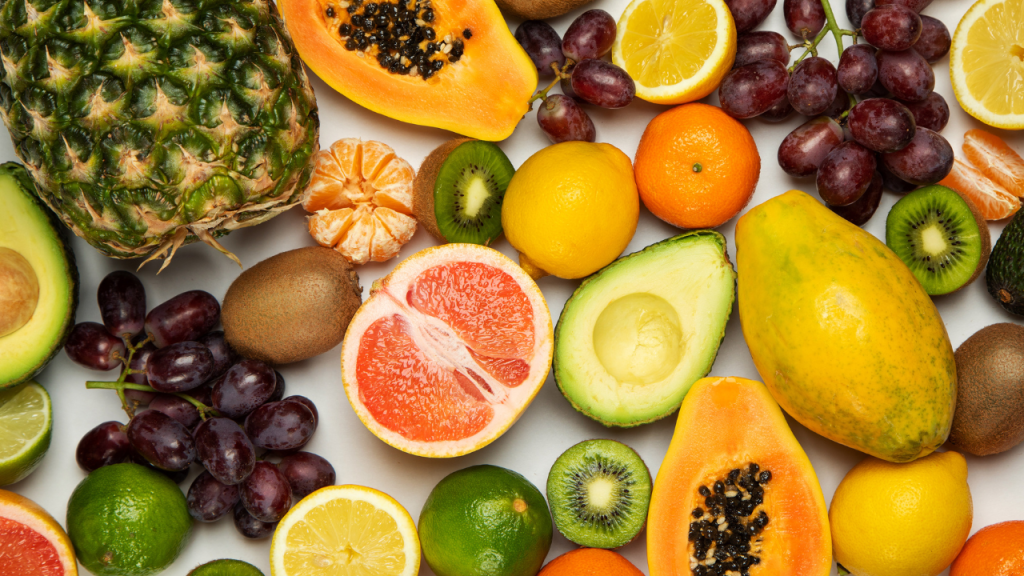
Protein
Animal protein such as beef, fish, chicken, and organ meats provide us with complete proteins that supply the necessary amino acids to support our metabolism, hair growth, muscle mass, and more. Protein is truly the building blocks of the body. Organs meats such as beef liver is an amazing way to receive bioavailable copper, iron, selenium, B vitamins, and is one of the highest foods in vitamin A. It’s important to buy quality protein from pasture-raised, grass-fed, and organically raised animals when possible to avoid added hormones or GMO feed.
Conclusion
While there isn’t a one-size-fits-all approach when it comes to nutrition, nourishing whole foods should be included into our daily diets for optimal health, energy, vitality, and the prevention of disease. When we start making healthy food choices for ourselves, it may seem overwhelming, but I would encourage you to take small steps towards your goals. Start by avoiding processed foods, eat as close to nature as possible, and do what you can in the moment.
Takeaways
- Genetically modified foods contain altered genetic material that has shown harmful to our health.
- Top GMO foods are corn, soy, canola, and cotton.
- Look for the USDA Organic seal when buying foods to avoid pesticides and GMOs.
- Non-GMO on packaging is wonderful, but it doesn’t ensure that the food is pesticide free.
- Glyphosate is Roundup’s main ingredient and has been linked to health problems like non- Hodgkin’s lymphoma.
- Avoid refined oils such as canola, soybean, vegetable, and peanut.
- Choose organic grains and legumes as they are heavily sprayed with pesticides.
- Eat foods that haven’t been altered and are as close to nature as possible.
Disclaimer:
All information contained within this article is meant for educational use only and is not meant to treat or diagnose any disease.
